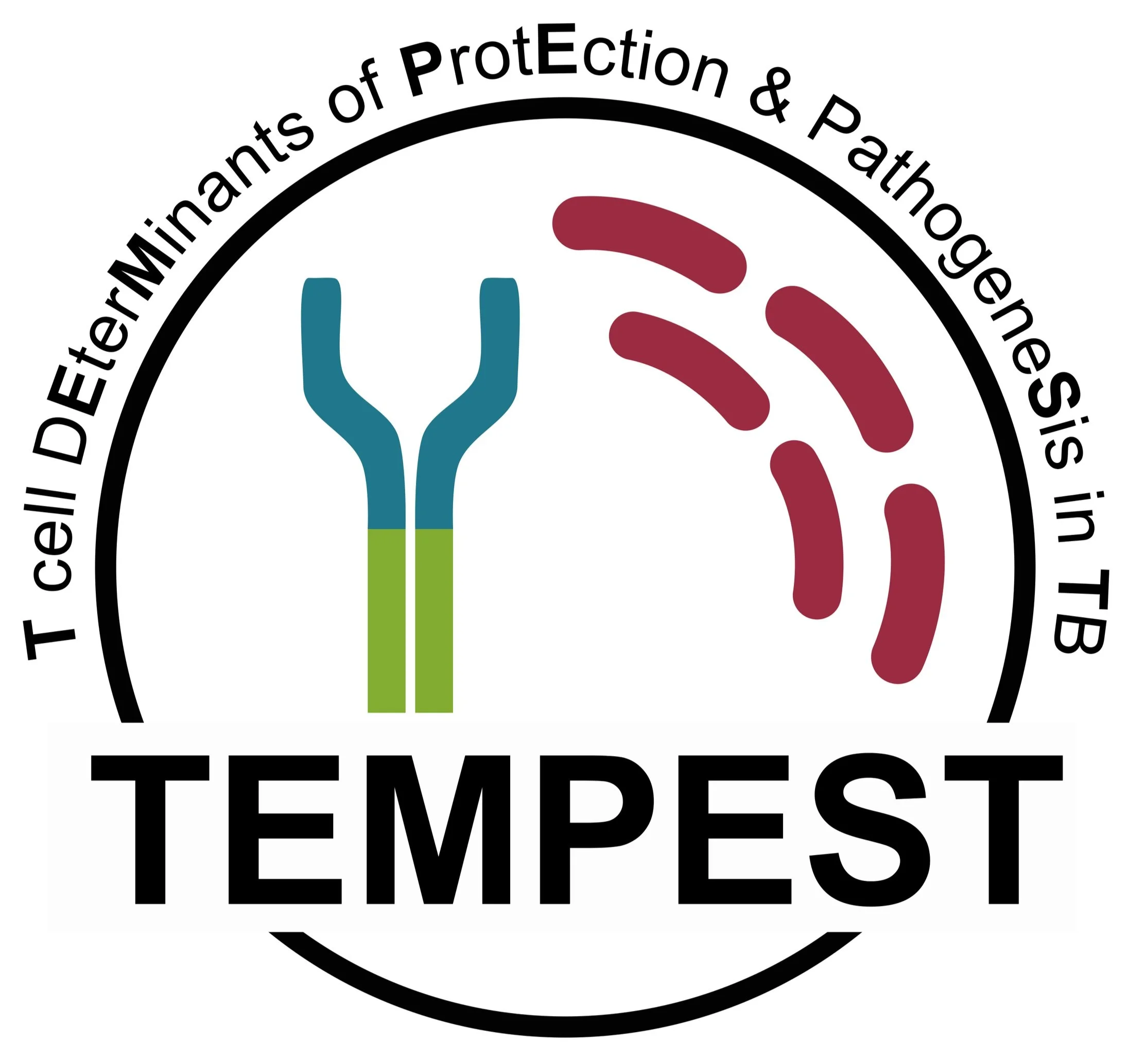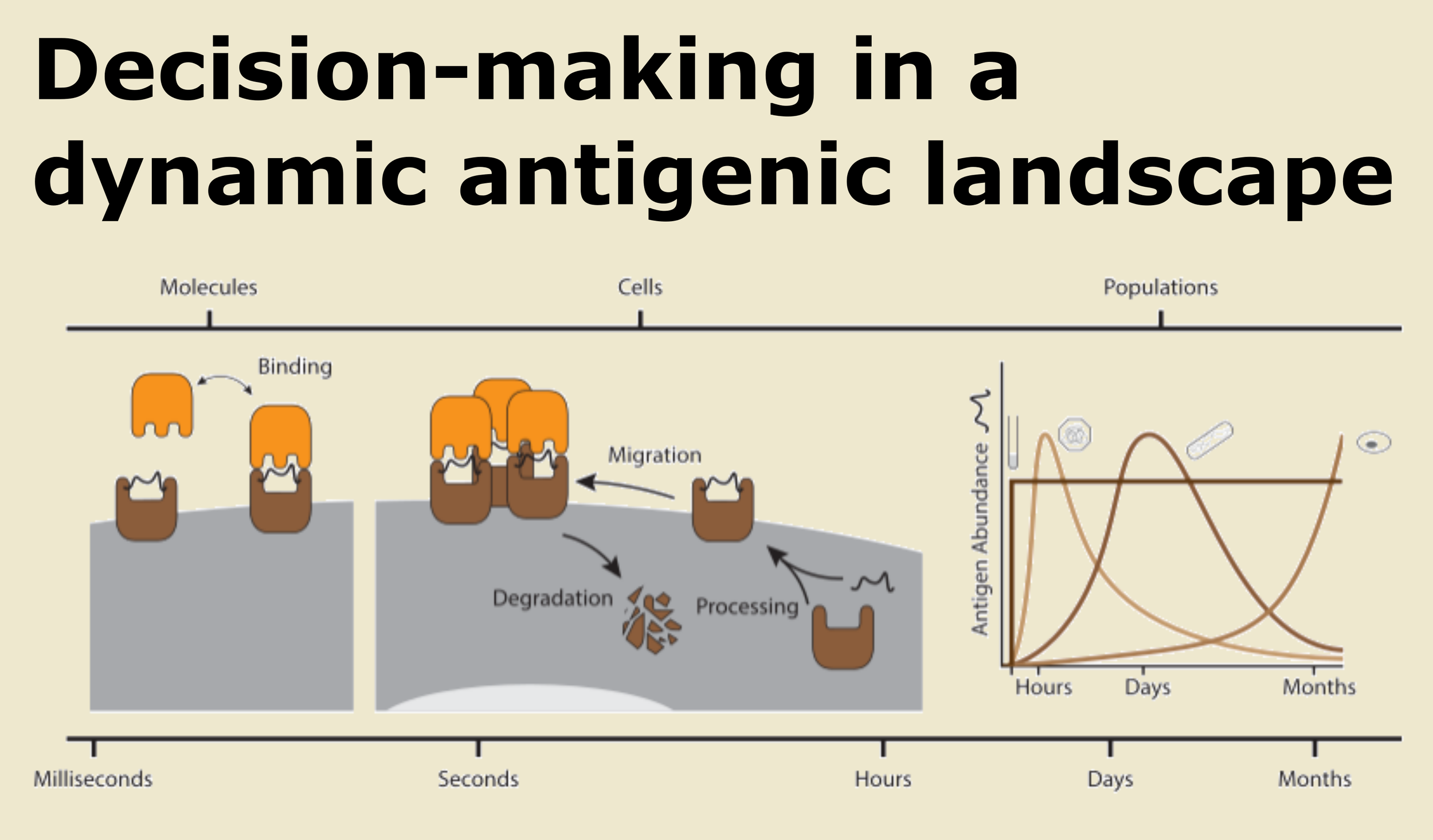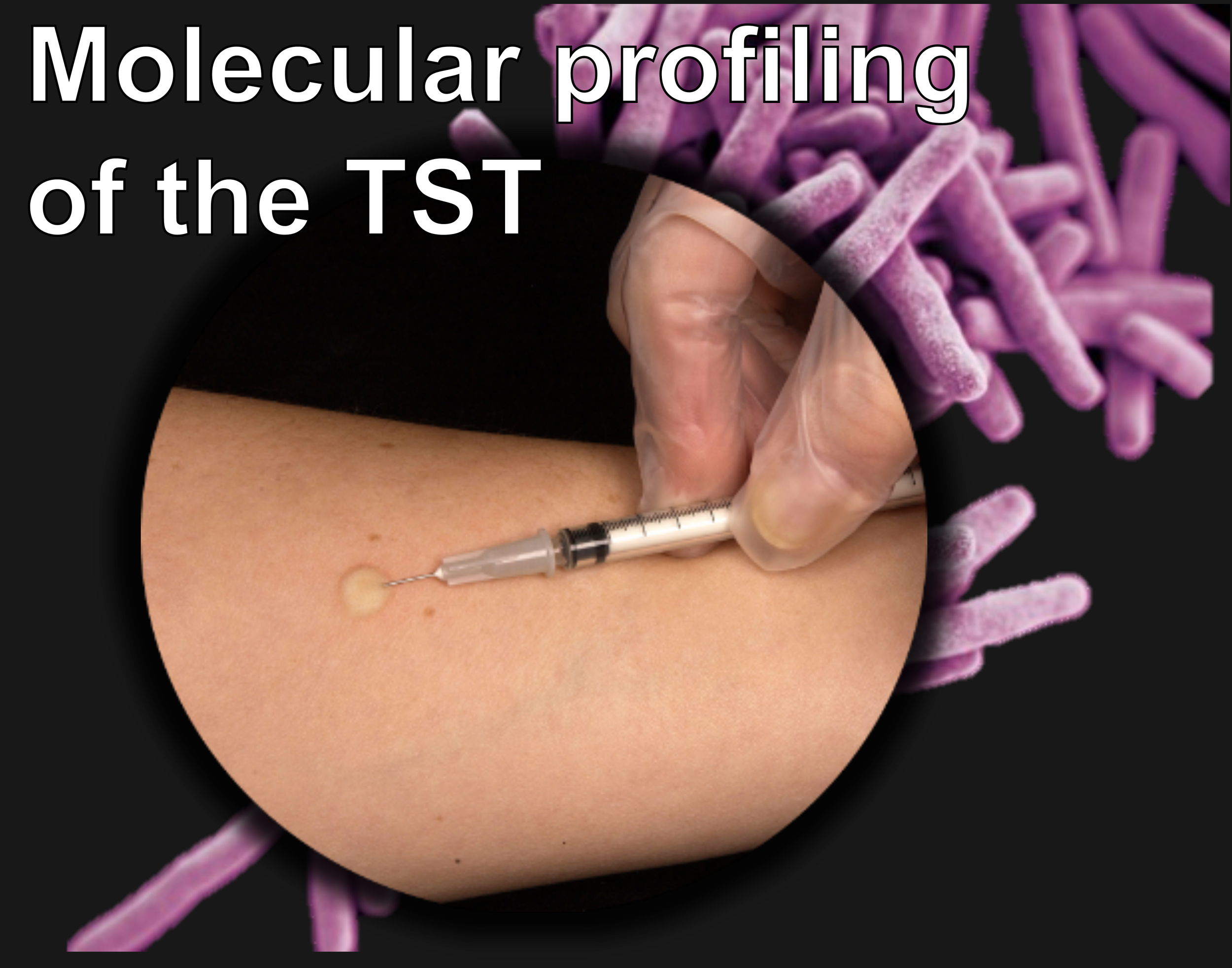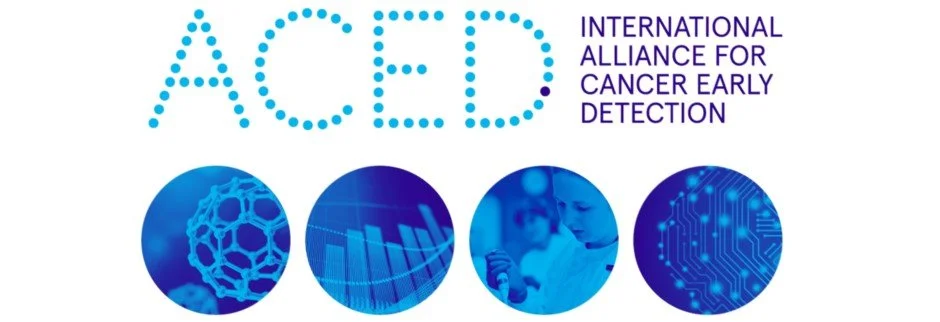-
![]()
We develop new experimental and computational methods to document, analyse and understand the T and B cell receptor repertoire. We use these methods to collaborate with colleagues worldwide to decipher the repertoire dynamics in the context of infectious diseases and cancer.
-
![]()
We aim to discover and validate novel T cell determinants of protection and pathogenesis in tuberculosis (TB), to enable transformative innovation in vaccine design and evaluation, patient risk stratification, and development of host-directed therapies.
We will use cutting-edge methodology to identify differences in T cell immunity between HIV-negative adults and antiretroviral (ART)-treated people living with HIV (PLWH) who have persistently elevated risk of TB. We will then validate the role of these T cell traits in protection and pathogenesis by testing their effects on macrophage control of Mtb-growth, and their ability to predict disease-risk in independent cohorts.
-
![]()
The TRACERx (TRAcking Cancer Evolution through therapy (Rx)) is a translational research study aimed at transforming our understanding of cancer evolution and take a practical step towards an era of precision medicine. We generate TCR sequencing for this consortium, tracking the evolution of lung cancer through the lens of the T cell receptor repertoire.
-
![]()
Adaptive multi-centre research tissue bank to enable discovery and validation of novel biomarkers and multivariable models for diagnostic, prognostic and therapeutic stratification of adult patients with infectious diseases, and for identification of novel therapeutic targets.
-
![]()
The dynamic nature of the antigenic environment and its potential impact on immunity are often ignored. For example viruses often grow very quickly and stimulate a strong immune response, while cancer cells grow much more slowly and are much less powerful immune stimulants. Working with Dr. Yaron Antebi and his colleagues at the Weizmann Institute we are developing experimental and mathematical ways to analyse the impact of antigen dynamics on the T cell adaptive immune response.
-
![]()
Myeloma is a bone marrow cancer caused by transformed plasma cells. It has a very poor clinical outcome and improvements in therapy and management of the disease are urgently required. We are working with Prof. Kwee Yong and her research group in the Cancer Institute to profile the T cell receptor repertoire in order to understand the role of the T cell in controlling the progression of the disease.
-
![]()
Discovery and validation of host-response blood transcriptional biomarkers of infection to diagnose prevalent, infection, predict incidence disease, stratify treatment effects and provide test-of-cure.
-
![]()
The Mucosal Immunity in Human Coronavirus Challenge (MusiCC) project is a global consortium that will lay the crucial groundwork needed to develop the next generation of COVID-19 vaccines that could not only prevent severe disease but also stop SARS-CoV-2 and other coronaviruses from infecting people in the first place, thus blocking the spread of the virus.
-
![]()
Genome-wide transcriptional profiling and TCR sequencing of the site of standardised antigenic challenge to study in vivo human immune responses to Mycobacterium tuberculosis.
-
![]()
The TCR Sequencing Unit has developed a number of pipelines and protocols for the unbiased, high-throughput amplification, sequencing and analysis of TCR repertoires.
-
![]()
The adaptive immune system can detect cancer, leading to proliferation of tumour-specific T and B cells, and hence to changes in the T cell repertoire. We are working as part of an ACED-funded international consortium to develop experimental and computational tools which detect these changes, and can be used to identify cancer before the development of clinical symptoms.











